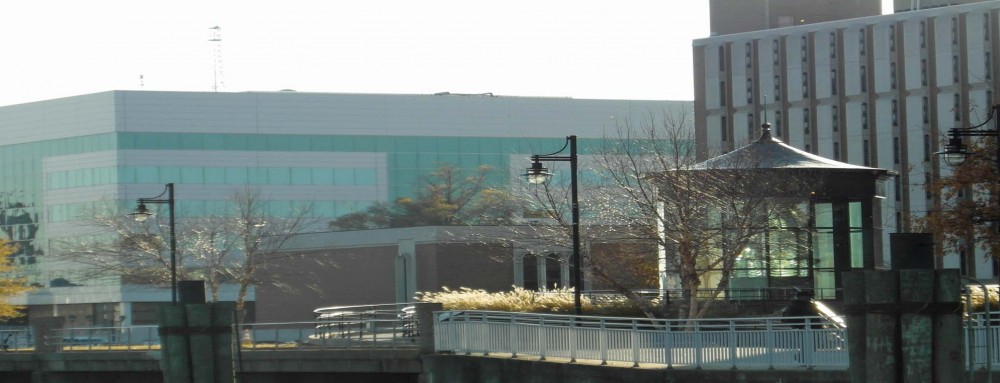Publisher’s Note: I received the following message by eMail directed to me as a constituent. Although it is not specific to Portsmouth, it is a thoughtful treatment of issues that affect all of us as citizens of the United States of America. I share it here, therefore, in the interests of stimulating reflection and dialogue.
So many of you have reached out — while the Capitol attack was going on and in the days since — to ask how I am and express your deep concern over what you saw happening. Rather than respond briefly to each, I thought I would write up my thoughts to share with you all.
January 6th re-proved a very old lesson about human nature: character is destiny. America trusted its most important post to a moral defective. Some thought he would grow into the job, or moderate his behavior under the weight of responsibility. That is just not how life works. In all but a very few cases, an adult will behave as she or he has behaved throughout life. In this sense, the set of outrages of the last few years — culminating in a 2020 marked by mismanaging a pandemic thus occasioning unnecessary death and then the violence and racism at the Capitol — is a completely logical ending to a very sad chapter in American life.
A second human nature lesson is this — the presence of evil is constant, but the success of evil depends upon a key variable: the degree to which people choose to be bystanders. We over-analyze why the President has such a devoted base of supporters. I am more focused on this fact: An awful lot of smart, educated people chose to be bystanders in the last years and that allowed a pathetic and insecure leader to do things that most of us thought unimaginable in this great nation. The bystanderism started with the tens of millions of Americans who just sat things out in 2016, not able to see the danger that was so clearly before us. And it has sadly continued everywhere, most visibly in Congress. I have lost count of the number of my Senate colleagues who, though privately worried, went along with the unacceptable because they wanted a tax cut, or a judge they liked, an invitation to golf or to avoid a primary challenge. And now some finally awake to the wisdom of the Gospel lesson: “what doth it profit a man to gain the whole world and lose his soul?“
And then there are lessons about our nation, humbling lessons. We like to pat ourselves on the back and embrace the notions of “American exceptionalism” or America as “the indispensable nation.” Any truth to these notions resides in what we do rather than who we are. We cannot just claim honors for ourselves without doing the work to justify them. When we are true to our values, we approach becoming exceptional and indispensable. But when we are not, self-congratulation is unjustified and hollow, even ridiculous.
I remember saying, in the weeks after the November 2016 election, that the next years would be a stress-test of American democracy. And that has been the case every day. Virtually all basic values and our institutions have come under attack from within. Have we passed the test? It might be too early to say for sure. But our democracy has survived the test.
My overwhelming emotion on January 6 was anger — that our Capitol was attacked and people died needlessly. But as I walked to work the next morning, there was a beautiful sunrise. I thought about the massive engagement of everyday citizens after 2016 in elections and activism. I thought about the historic turnout in the November 2020 election and then again earlier this week in Georgia. And I grew hopeful that we are rejecting the disease of bystanderism to begin a new chapter on January 20th.
That chapter is not written and its outcome is not a function of words or institutions. It is dependent on us. But the sweep of our history shows that painful periods are often followed by times of great progress. I am an optimist about our next chapter.
-Tim
(United States Senator Tim Kaine, representing Virginia)
